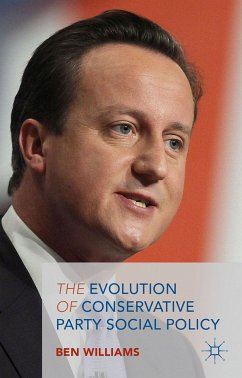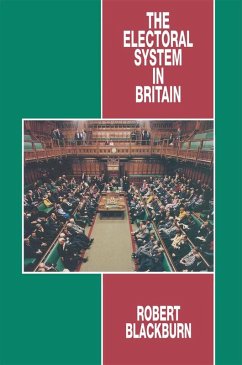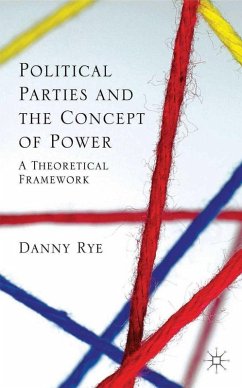Dieser Download kann aus rechtlichen Gründen nur mit Rechnungsadresse in A, B, BG, CY, CZ, D, DK, EW, E, FIN, F, GR, HR, H, IRL, I, LT, L, LR, M, NL, PL, P, R, S, SLO, SK ausgeliefert werden.
- Paul Whiteley, Professor of Government, University of Essex, UKand Co-director of the British Election Study
'More attention than ever in British politics is focused on party leaders. Drawing on a plethora of sources, Thomas Quinn provides a sophisticated and nuanced analysis as to how politicians are returned to party office, rejected, and replaced. Theoretically developed and empirically grounded, this book makes an outstanding and original contribution to our understanding of the internal life of British political parties.'
- Mark Wickham-Jones, Professor of Political Science, University of Bristol, UK









